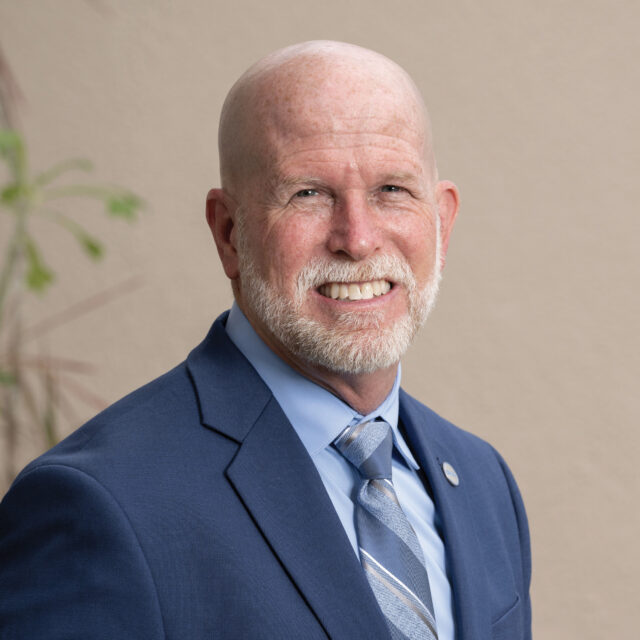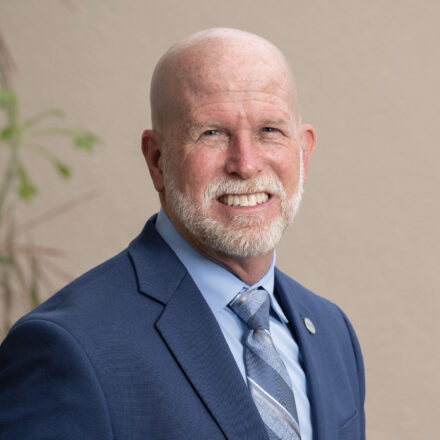 In our “Ask me anything” series, Dell Technologies executives sit down with rising talent to answer questions about their career journeys, work-life balance and advice that’s guided them. Here, Larry Ross, technical account manager for Dell federal support resolution team, chats with Adrienne Foley, senior product marketing advisor.
In our “Ask me anything” series, Dell Technologies executives sit down with rising talent to answer questions about their career journeys, work-life balance and advice that’s guided them. Here, Larry Ross, technical account manager for Dell federal support resolution team, chats with Adrienne Foley, senior product marketing advisor.
What initially piqued your interest in technology and in space?
Space is easy. I grew up on the Space Coast and was exposed to launches at Kennedy Space Center at an early age. Many of my parents’ friends or my friends’ parents were engineers at NASA and would invite my family to launches, including the Apollo and the shuttle launches. On technology, I got interested when I was in college. I thought I was interested in marketing and advertising and bought a Mac SE in 1987 for the graphic design class I was taking at the time. The machine I bought was having issues with some of the applications and needed more memory to run correctly. Since I was in college and didn’t have enough money to have a shop do it for me, I did the upgrade myself. That started my interest in technology.
Tell us more about the intersection of technology and space. Why are the two so important, especially for future space exploration and research?
Technology has allowed us to build and launch vehicles like the Apollo, the shuttle, and the Artemis (SLS). It’s allowed us to gather data and study our solar system, galaxies, and the universe. Because of space, many technologies that we use every day were created, including LEDs, wireless headsets, CAT scans, and even the portable computer (laptop).
Were there any transitional moments in your life that impacted your career?
Yes, I was a goldsmith and gemologist. I started in the industry in my late teens at a family friend’s jewelry store. I went to the Gemological Institute of America to become a gemologist. A few years later, I opened a jewelry store with my brother. A couple years into it, my brother was diagnosed with leukemia and lived the remaining year at Moffitt Cancer Institute until he passed. After he died, I decided I wanted to make a life change.
I always wanted to be out at the Cape, and the opportunity to get there came my way. One of my customers was the manager of a janitorial company at Cape Canaveral Air Force Station and offered me a job as a janitor. I accepted the job knowing that it was only the first step in my journey. I worked as a janitor for less than a year and finished my associate’s degree during that time.
From that point on, I continued to climb the ladder at the Cape in various roles, such as clean room technician, payload technician, test engineer, network administrator, and systems administrator. During that time, I continued my education, getting my bachelor’s degree and various IT certificates.
You can overcome obstacles and achieve success by keeping a positive outlook, especially through trying times, and by being persistent in your attempts to realize your career goals. – Larry Ross, technical account manager, Dell Technologies
What advice would you give others who go through a major change in their life? In their career?
You can overcome obstacles and achieve success by keeping a positive outlook, especially through trying times, and by being persistent in your attempts to realize your career goals.
I changed my career in my mid-twenties from HR to marketing. I was terrified to start completely over, but it ended up being the best decision I’ve ever made. I know you made a career change in your late twenties as well—what advice would you give others who are considering making a change? How can they be confident in taking that risk?
Ultimately, the most important thing is to follow your passions and do what makes you happy. If you are confident in your decision and prepared for the challenges that come with a career change, then you’ll be more likely to succeed.
I can tell you have a clear passion for Space. How does passion go hand in hand with having a successful and enjoyable career?
Having a passion for what you do keeps you engaged, motivated and fulfilled. If you have passion for what you are doing, success will follow.
You mentioned a career is different than a job. Explain the difference.
A job is something you do to pay the bills, and a career is something you do out of passion. A career is where you use life experiences, training and education for your professional journey.
When space travel opens to the public, will you be one of the first to sign up? Do you want to go to space?
I would absolutely go into space if I had the opportunity. Some of the orbital flights that will be available to the public are starting at $50,000,000, so I may need to wait until the price drops a little.
Aside from industry and technical knowledge, what other skills do you recommend young professionals develop to have a happy and successful career?
- Find a career that aligns with your passions and your interests.
- Set career goals. Knowing exactly what you want to accomplish in your career will help you maintain focus and move closer to your goal.
- Maintain a good work-life balance. Take care of physical and mental health, as well as spending time with family and friends.
Tell me something that no one could find on your resume that has helped you get to where you are today.
I work like I’m the owner.
Read more “Ask me anything” interviews.

